Since time immemorial, social gatherings and top events have taken place around a table. The symposiums were great; they had the best food, the best wine and the best service that was made up of many small performances. Life as it should be… Many conversations with deep reflections were endless in ancient Athens, and lasted all night, and still, they animate the past. Thus, Plato, as an example, wrote the Symposium (c.385–370 B.C.).
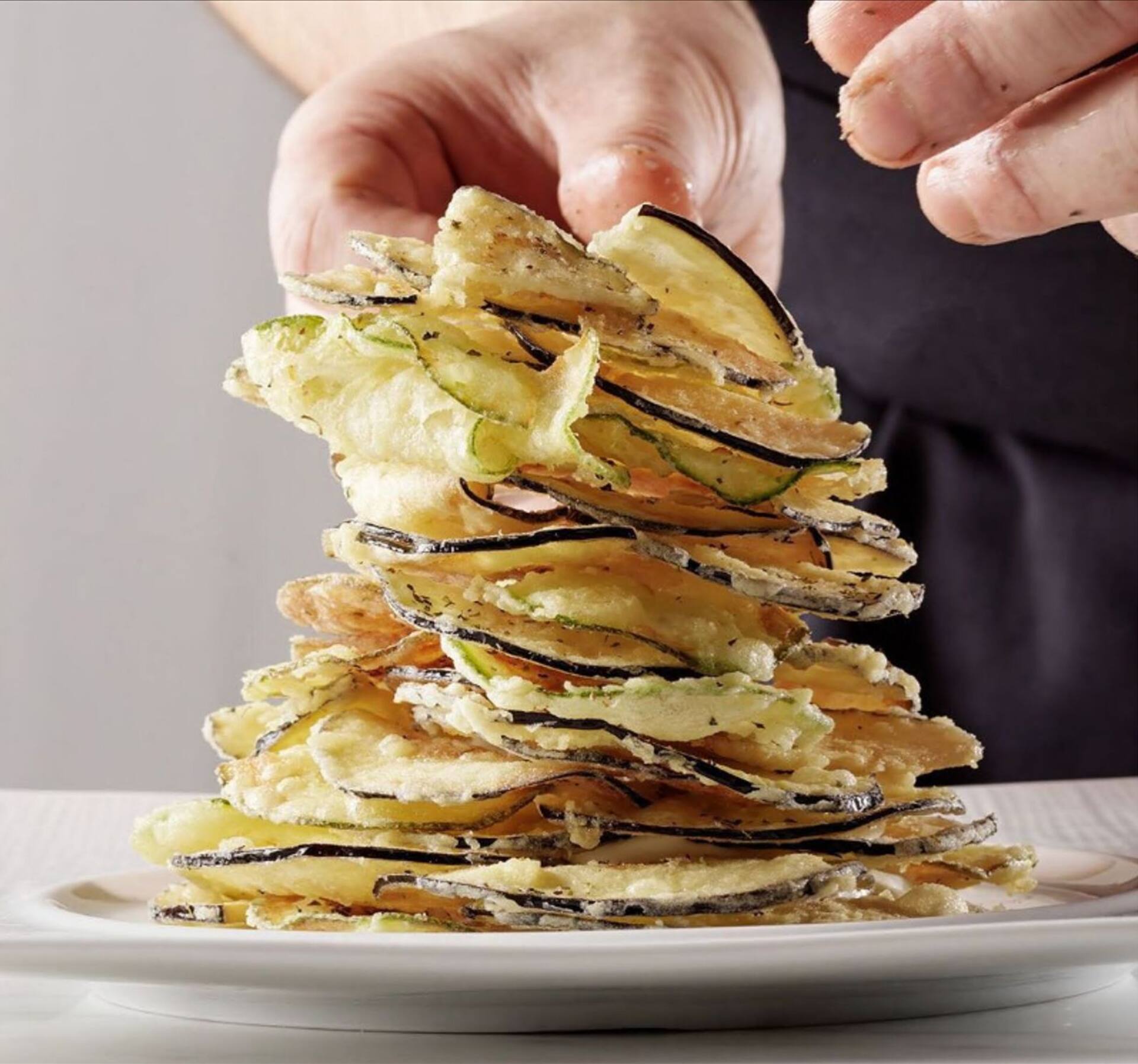
At the table, you don’t just eat and enjoy a glass of wine; mostly you talk. You express your opinions. At the table, there has always been freedom of speech, and that is something with which the West has moved forward. Perhaps, it would not be an exaggeration if today we say that, the “imaginary basis” of the Western World is also found at the table. Only, first, with the argument and then, with the counter-argument that follows, will the truth be approached. The table presents timeless values of tolerance. Thus, a table means, think beyond the food.

The table as an object is also the main component of a restaurant, that means food, culture and hospitality. The concept of hospitality is something that is steeped in the depths of centuries. People have always had the need to open their home to someone coming from afar. Even Leon Trotsky was once a guest of Kemal Atatürk. But what will it mean, for the future of society, for man to eat at a restaurant table alone or, with others as is usually the case? And how can this habit have better affect himself, society and the environment?
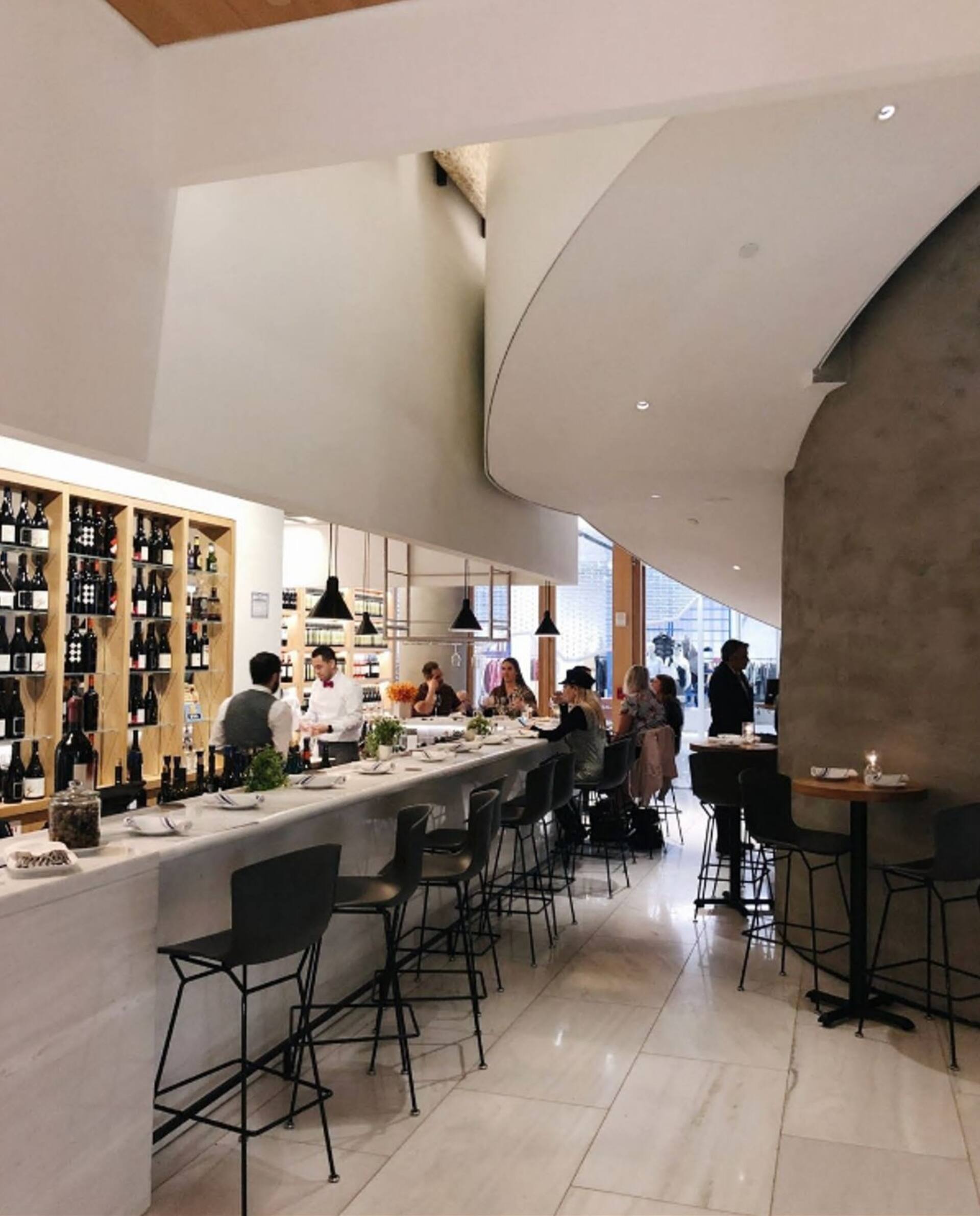
For centuries, restaurants, with the landscape of tables that distinguish them, have been the stomach of every metropolis. Heading to a table to enjoy a meal is a form of pilgrimage; it is a revolutionary idea and a joy. Only positive elements can be in store for the future. In a post-pandemic world will what people consume on the table protect them from some future pandemic? Could it also reduce the effects of climate change? Is that a reasonable idea?
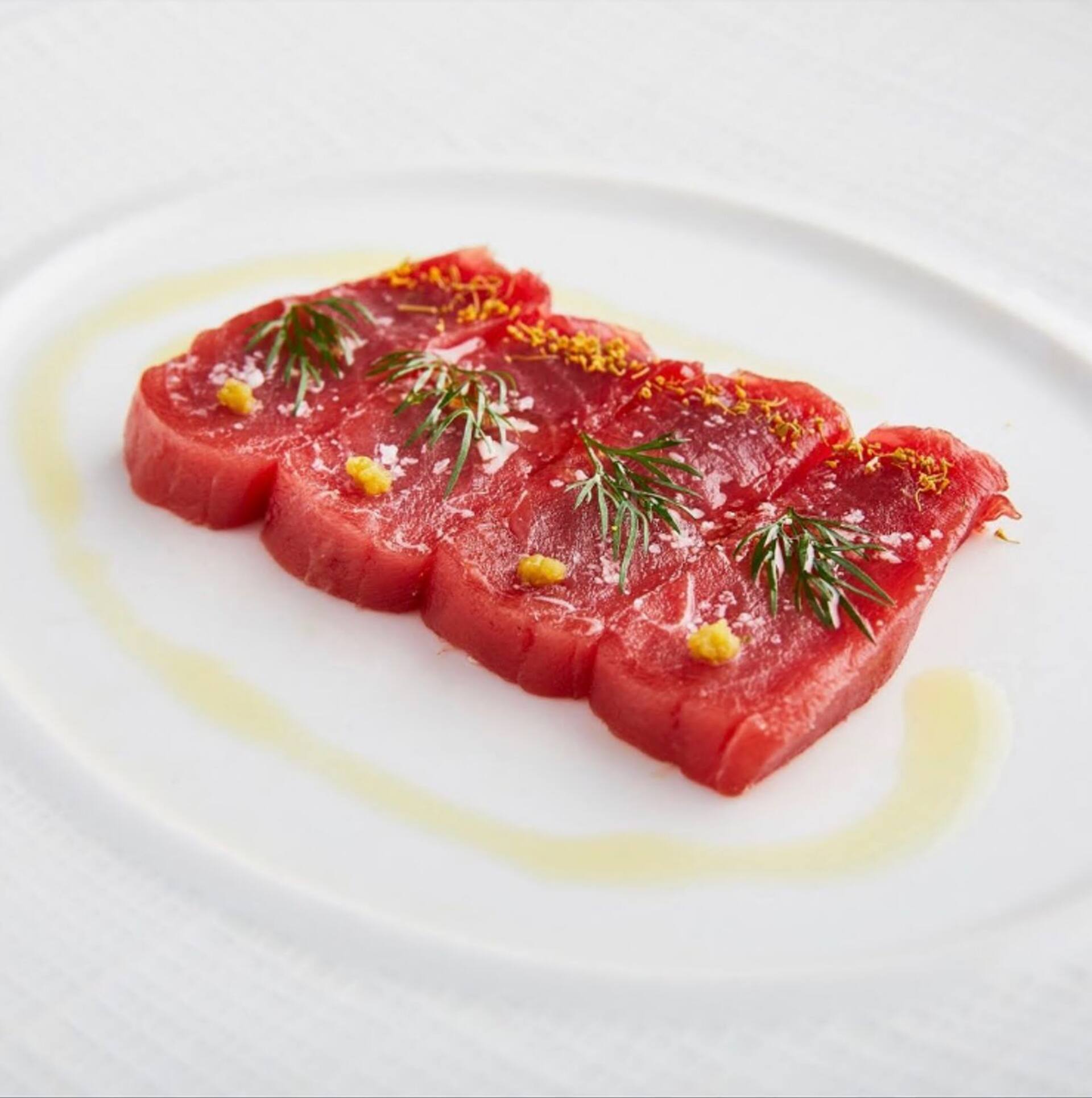
The table is society within society, why?
Life is a long journey.
One of friendship, laughter and intensity. At the table, you’ll meet new people, that is knowledge in itself. You’re expected to accept everything that’s offered, while at the same time, leaving behind your worldly stresses when you take a seat at the table; a moment which prompts salivation, especially while browsing the menu. At the same time, being at a table where some people serve you (servers = the underdogs from the back roads of life) with subtle movements is the culmination of a personal journey, but also of all human history.
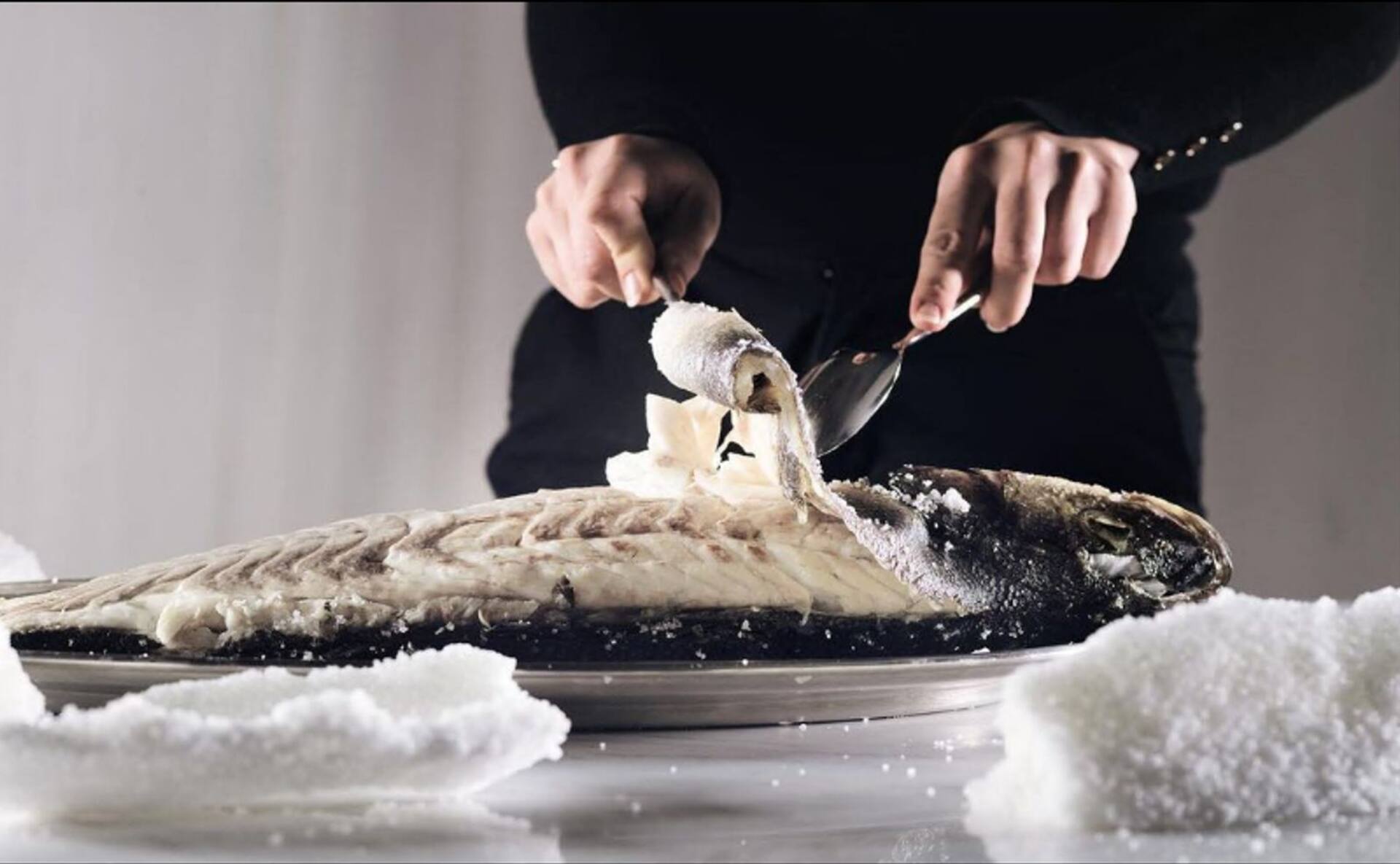
Modern people are obsessed with the process of dining out and eating food with a knife and a fork. At the same time, every experience around the table, during a lunch or a dinner, will be different from everyone else’s. However, what people eat at the table can make the future safer. Can eating more vegetables, seeds and fruits, and less meat and fish, also be a noble act of responsibility to society? The Earth? Clearly yes, and less land devoted to producing meat will help a lot to that end.
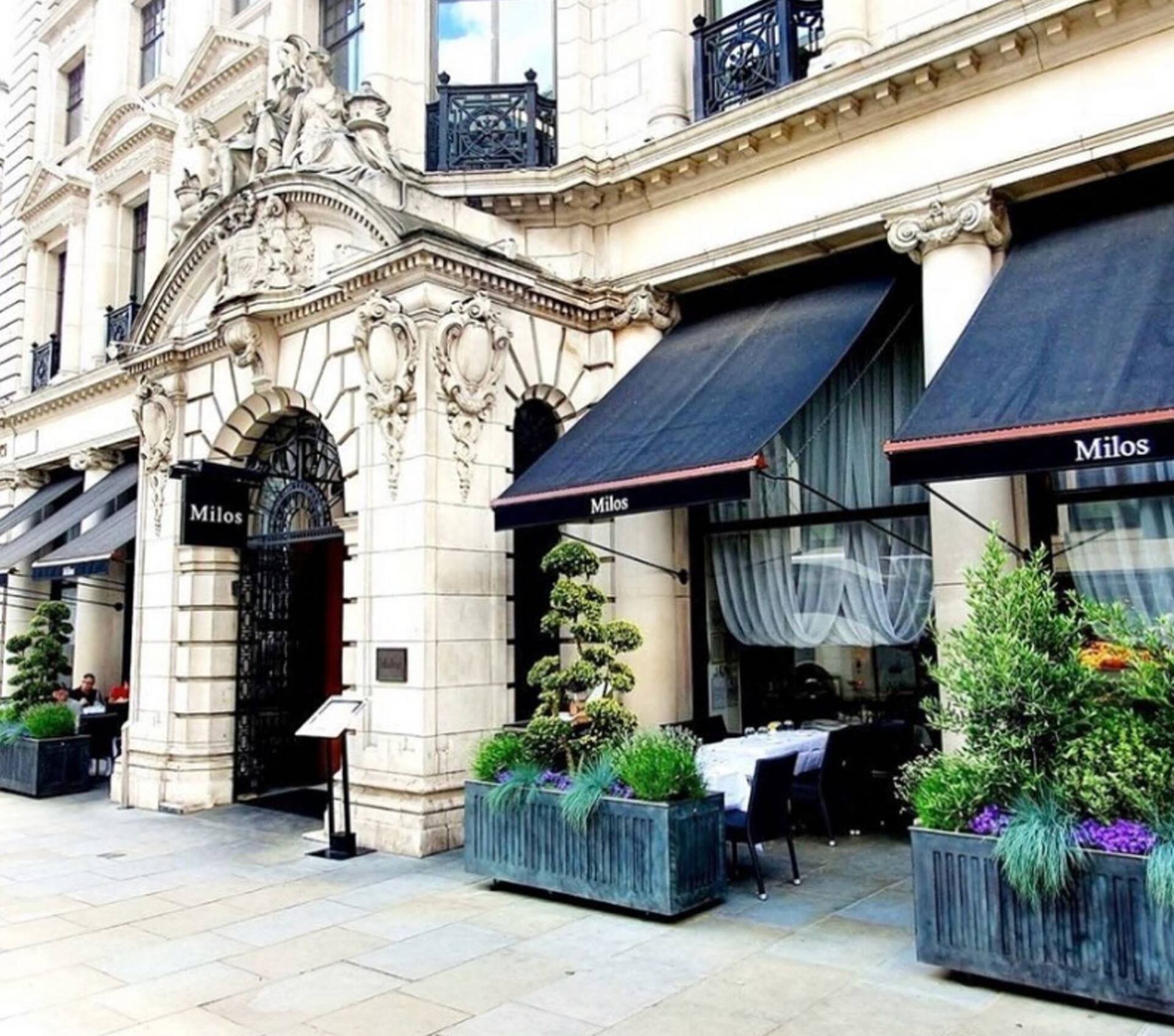
In Melbourne, and other big cities, the responsibility of the restaurateurs and of the servers is crucial. When people sit at a restaurant table in order to eat and socialise, what, and how they order, can be a positive development for the environment, and not only for their personal memories (blah, blah, blah). The restaurants can help, with their tireless staff, they can influence, eliminate waste and even change the habits of their customers. As an example, Eleven Madison Park restaurant (New York City, Daniel Humm) has an eco-minded menu based only on vegetables and seeds, and estiatorio Milos (Montreal & another nine locations around the world, Costas Spiliadis) is also making efforts to include in its menu seasonal ingredients with more options of vegetables, soups and risotto. Certainly people will not stop, for many-many years to come, eating meat and fish.
Our choices at the table, but also the harmonious eat-together mentality, not only mean that people after so many wars are at peace, but mean that they are interested in the future. Day by day, it is increasingly becoming part of restaurant culture to acknowledge that everyone has some responsibility towards the flora and fauna around us. Customers watching films and series such as: The Menu (2022), Boiling Point (2021) and The Bear (2022) also gain a better understanding of the insides of the tough restaurant industry. Reading books such as Your Table is Ready: Tales of a New York City Maître D’ (2022) also helps a lot. The restaurant table can be a new Rosetta Stone for unlocking the past, and upon it, we can invent a more fruitful future.
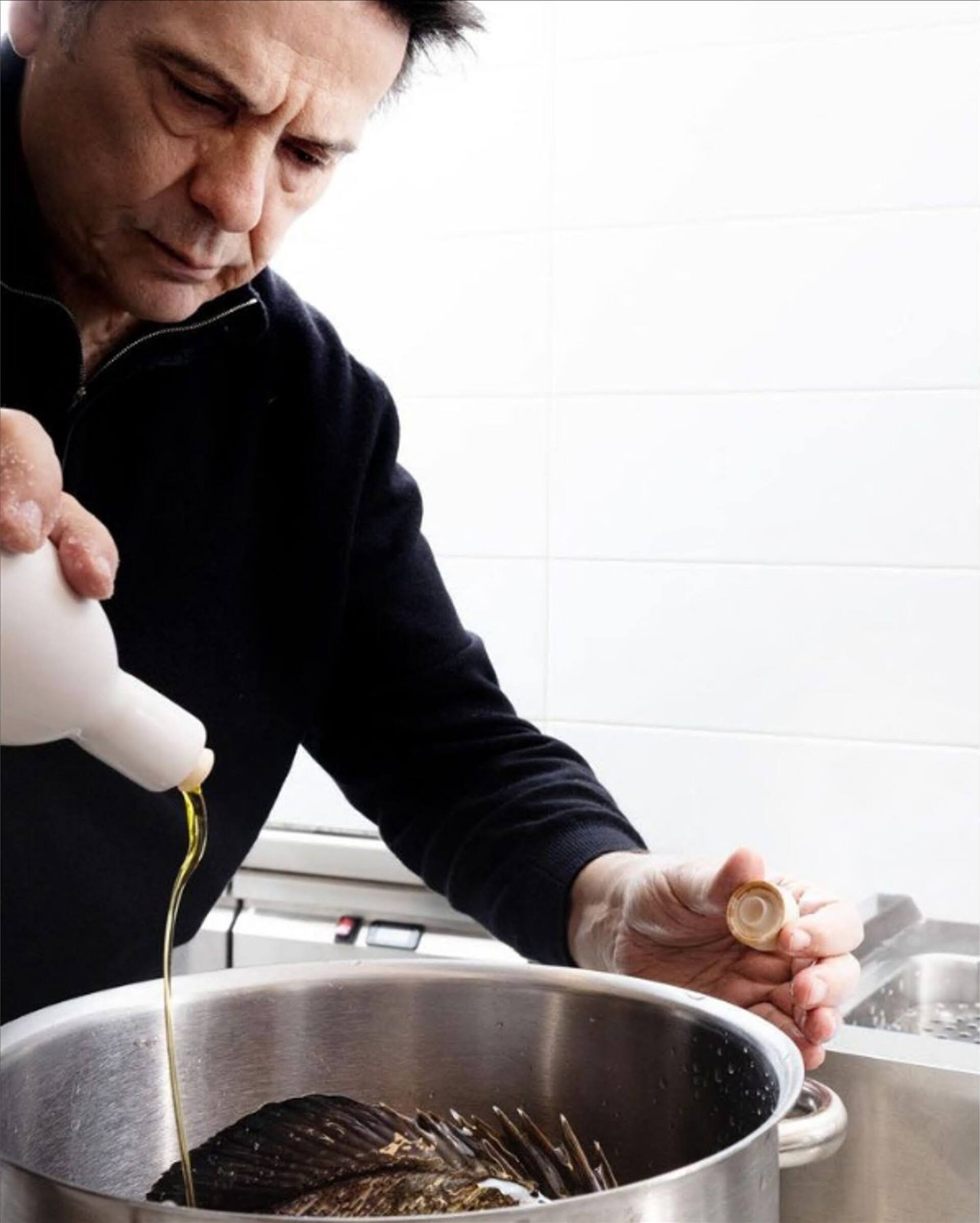
Food is incredibly important and it’s time for everyone to decide to eat better and healthier while ordering from the menu. And what is the point? Let the food that people order at the table have the least possible environmental impact. “Putting your needs ahead of others is a dangerous habit, for yourself and for the planet” The Economist recently wrote, and this sentiment shouldn’t be cast off just because some people like watching a celebrity chef season a piece of meat in elaborate fashion as they sprinkle it with salt from above…
The restaurant table, where people eat, share food and exchange ideas, will also magistrate our continuity on Earth. We are going to sweat blood if we don’t take climate change seriously… It is an obligation of all, and more so, of those who work in the restaurants to be more responsible. It has to be added that, Noma’s closure (Copenhagen), planned to take place at the end of 2024, sparks new questions and challenges too, far beyond the physical exhaustion of its talented staff who even served grilled reindeer heart. As fine dining has its limits, it will have a better meaning if, one day, it means something like: dining towards a fine future for humanity and the planet.
*Dimitris Eleas is a New York City-based writer, independent researcher and political activist. His writings have appeared in books, journals and newspapers. You can contact him via e-mail: dimitris.eleas@gmail.com.